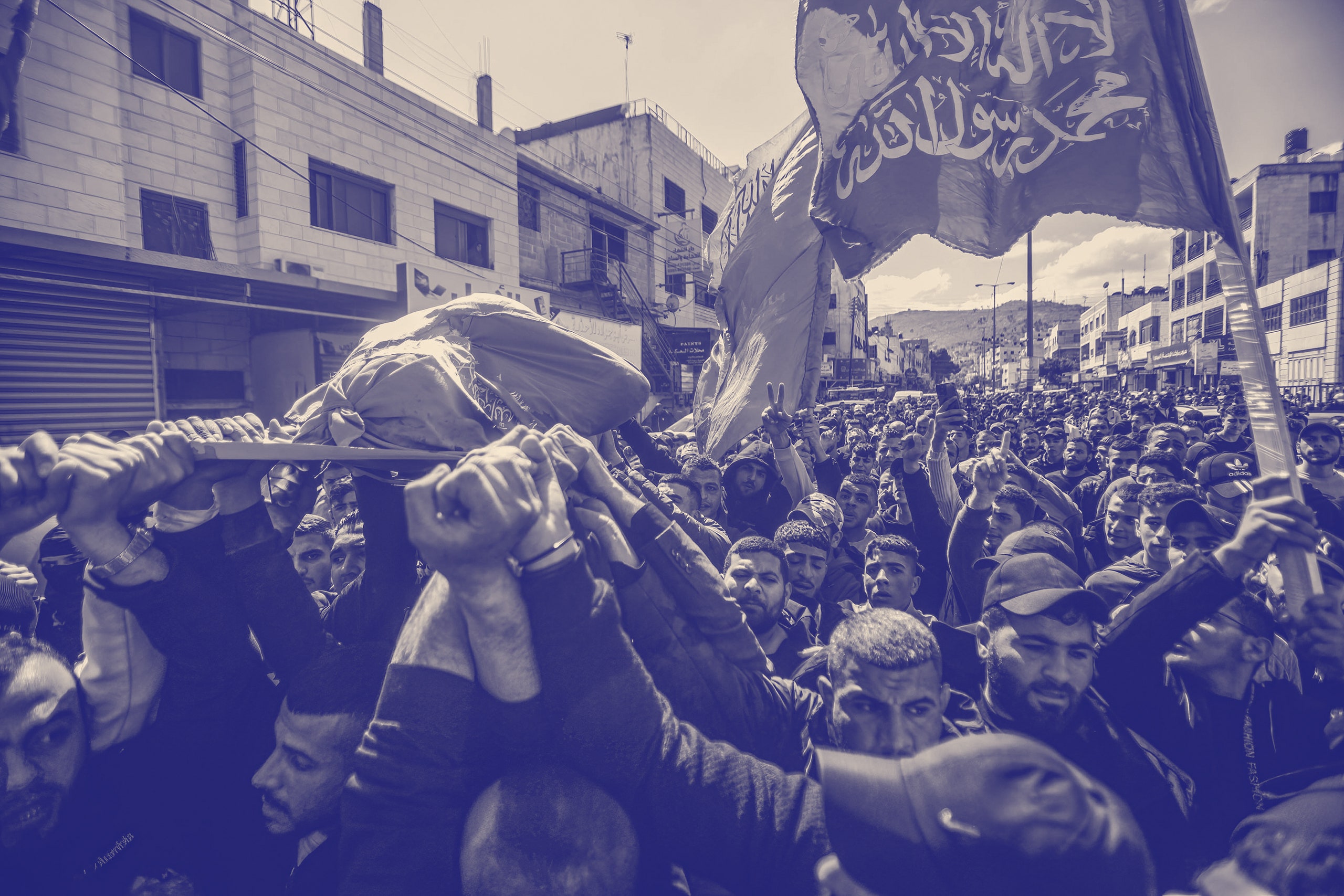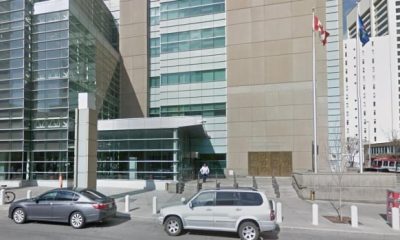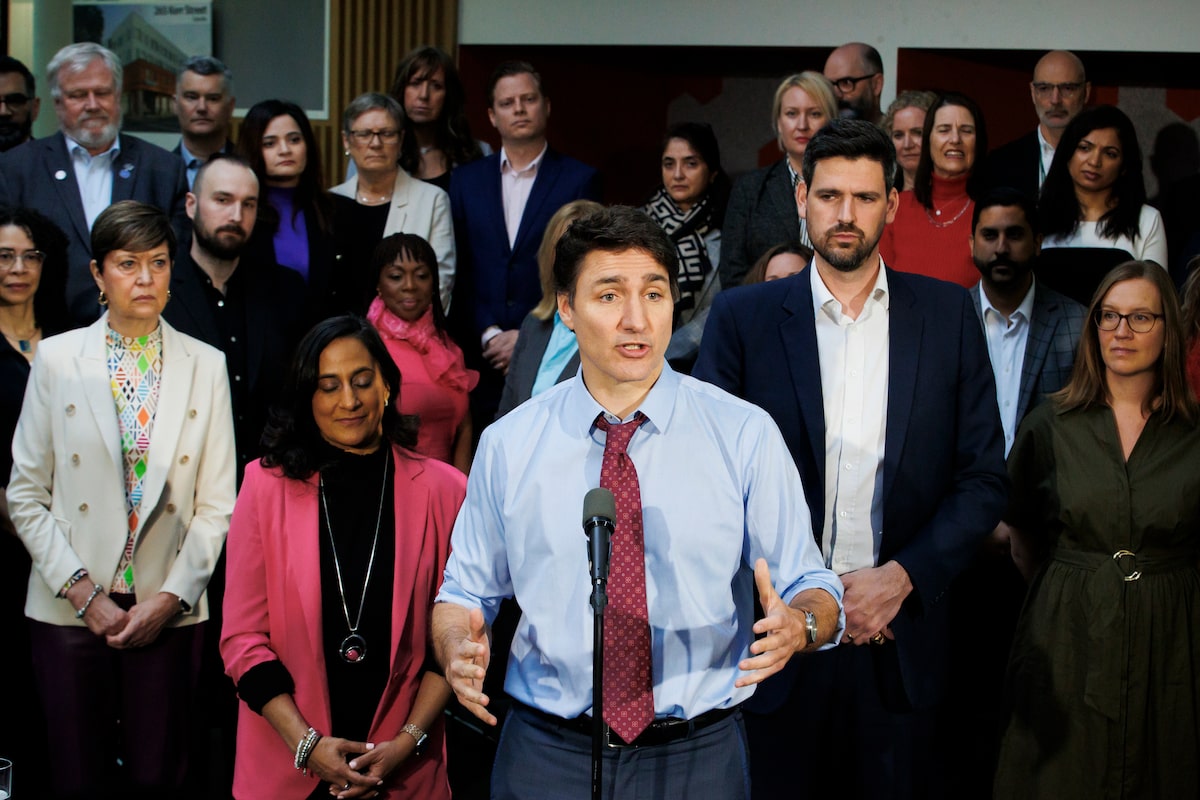A few months ago, Benjamin Netanyahu’s new right-wing government, which comprises several extremist parties, was sworn into office. Since then, violent confrontations between Israelis and Palestinians have been increasing, with settlers and the Israeli military killing more than sixty Palestinians, and Palestinians killing more than a dozen Israelis. For decades, Palestinians in the West Bank and Gaza have faced an occupation that showed no signs of ending; this has stoked tremendous Palestinian anger and frustration toward Israelis, and toward their own leaders in the Palestinian Authority and Hamas. There is increasing speculation that these factors will combine to create the conditions for another intifada.
To talk about the state of governance in the Palestinian territories, I recently spoke by phone with Khalil Shikaki, a political scientist and the director of the Palestinian Center for Policy and Survey Research in Ramallah. During our conversation, which has been edited for length and clarity, we discussed to what extent the new government in Israel might worsen the lives of Palestinians, the changing demographics and ideological make-up of Palestinians engaging in violent resistance, and the likelihood of another intifada.
How would you describe the current political situation among Palestinians, especially in the West Bank, as they face probably the most extreme government in Israel’s history?
There is a great deal of discontent internally. There’s no doubt that the Palestinians are unhappy with their own leadership and their own political system. In terms of relations with Israel, there is obviously a prevailing perception that the state of Israel is not after peace and that the Palestinians should be preparing themselves for conflict. That conflict would touch on all the basic issues, including land and public life and Jerusalem and so on. The perception is that it’s just a matter of time before this conflict becomes open warfare and the current status quo becomes untenable.
Is there a specific problem that Palestinians have with the Palestinian Authority? Is it that the idea that coöperating with Israel would eventually bring a state, or would at least bring an Israeli willingness to allow a Palestinian state, was naïve?
The Israeli dimension for the discontent is obvious. But there are other critiques, which is to say that there is a perception that the Palestinian Authority leadership is interested more in maintaining the status quo, maintaining its position in power, and that it is willing to turn a blind eye and not confront Israeli policy, and that it puts its own self-interest and survival ahead of the interests of the Palestinian people.
There are other areas that have been building up gradually. The current leadership has been in place since 2009 without electoral legitimacy, and this question of legitimacy—the absence of elections—is one reason why there is a lot of discontent. There are other reasons that have to do with governance, too—most importantly a perception that there is a great deal of corruption within the institution of the Palestinian Authority. There are also perceptions that the Authority is becoming a one-man show, that it is highly authoritarian, that there is no separation of powers anymore, that the judiciary has been undermined considerably, and that there is no legislature, and so there is no accountability or oversight in the political system.
There is another issue beyond legitimacy and the nature of the political system that has to do with the absence of unity: the division between the West Bank and Gaza and the lack of reconciliation between the two major political parties, Fatah and Hamas. Many people blame that on the Palestinian Authority rather than on Hamas, although of course many also blame Hamas. But there has been a growing perception in the last ten years, I would say, that the Palestinian Authority is becoming more hard-line and much less willing to reconcile and to reunify the West Bank and Gaza.
These are essentially the domestic dynamics that have been creating the discontent, particularly among young people. The level of discontent with the Palestinian Authority and the political system is much deeper among the youth. Those between the ages of fifteen and thirty have been most negatively affected.
Everything that you’re describing—a general Israeli unwillingness to allow a Palestinian state, problems of governance in the Palestinian Authority—existed before the current Israeli government came to power. Will the new government really change the dynamics?
These things existed anyway—you’re absolutely right. The change is perhaps quantitative rather than qualitative. However, given that this change is going to impact all the important issues in Israeli-Palestinian relations—Jerusalem, holy places—it will probably lead to greater deterioration within the Palestinian Authority, making it even weaker than it was before, and making Israeli-Palestinian confrontations more lethal, more likely to expand, and the dominant manner in which Palestinians and Israelis interact. It is essentially a matter of speed and of quantity, but it’s not a matter of quality in terms of how Palestinians and Israelis have interacted during the last decade, or even more than a decade. Certainly, it’s been this way since 2014, when the last Israeli-Palestinian negotiations ended.
For people within the Palestinian Authority, or in general for people who favor coöperation with Israel now, or who think that coöperation with Israel is the way to bring political change—what are they telling Palestinians? What is their message? It’s very bleak to admit, but it’s hard to think of what such people could now say to defend that approach.
It would be a message that violence is not an alternative. That Palestinians should continue to reach out to the Israelis. That resistance should not become violent, because it would be destructive to the interests of the Palestinians. That, rather than turning to violence, Palestinians should use nonviolent means. That building international consensus and bringing all kinds of pressure to bear on Israel will ultimately lead to a change within Israel and will force Israel to confront the reality on the ground. That the continuation of the occupation will become costly and as a result Israel will have no choice but to either end its occupation or allow the emergence of one state in which Palestinians and Israelis would have equal rights.
This is the message that [Mahmoud] Abbas has been using. He is an advocate of nonviolent resistance. He has launched a campaign of internationalization of the conflict where he goes after Israel and tries to bring international pressure on Israel by going to the International Criminal Court, for example. Or by joining other international organizations, such as the U.N., where a majority of the members condemn Israeli measures.
This would be the message of those in the Palestinian leadership who advocate a kind of coöperation policy. “Coöperation” might not be the exact word they would use, but it does involve coöperation, because it does mean continued security coördination and civil coördination with the Israelis. It essentially means that the Palestinians remain constrained by the existing terms of reference that exist in the agreement that has been signed with Israel since 1993—the Oslo Accords.
Could this message appeal to Palestinians, even with a different Palestinian Authority or a different leader of the Palestinian Authority? Or do you think that the circumstances on the ground make it impossible for anyone to sell that message anymore?
This message is very difficult to sell to the Palestinian public. This is part of the discontent that I described earlier. For the vast majority—that is, three-quarters or more of Palestinians—the state of Israel and the current Israeli leadership is not seen as a partner for peace. The perception is that Israel is building settlements right in the heart of the future Palestinian state and is therefore not committed to a peace agreement. Rather, it intends to continue to colonize the occupied territories, will never end the occupation, and will never end the status quo that keeps the Palestinians in limbo. Any Palestinian leader will find it very difficult to sell the narrative that Abbas is trying to sell.






















